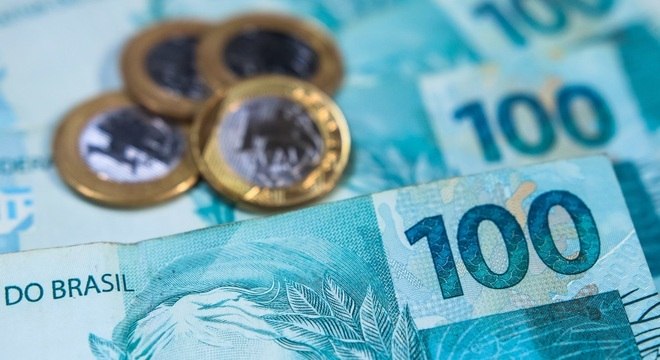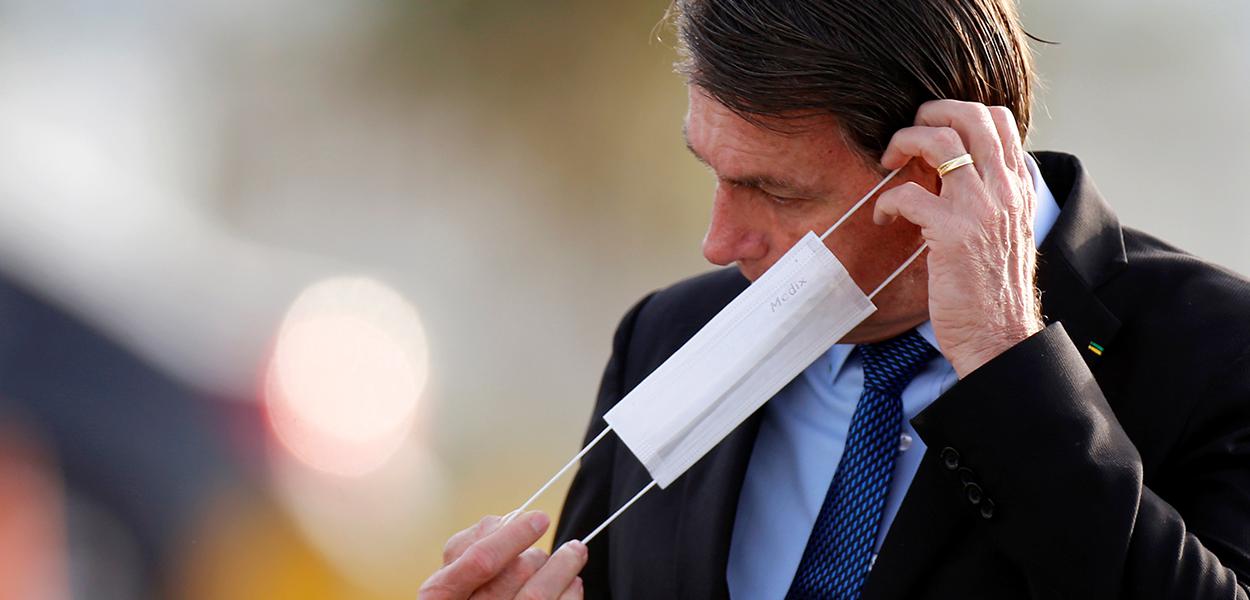RIO DE JANEIRO, BRAZIL – For weeks, the government of Jair Bolsonaro has been discussing the future of the R$600 (US$120) emergency aid provided to casual workers, the self-employed, individual microentrepreneurs (MEIs), and the unemployed, to tackle the crisis caused by the coronavirus pandemic. The aid, which was initially to last three months – from April to June – will be extended, but the details have not yet been officially announced.

The economic team and the President himself have accepted that two more installments will need to be paid, but the government wants to halve the amount to be transferred to the vulnerable population, claiming that maintaining the current R$600 has a high cost and would lead to a sharp increase in public debt, which could reach almost 100 percent of GDP by the end of the year.
However, some economists argue that as well as protecting the income of the poorest, the aid drives activity, since it encourages household consumption, businesses, investment, and keeps jobs, causing a chain reaction in the economy. A study by the Federal University of Minas Gerais (UFMG) showed that if the emergency aid were extended until December, the Gross Domestic Product (GDP) would be improved by 0.55 percent, against 0.44 percent if the program were to run only until June.
The survey also shows that if the aid were extended until the end of the year, almost half of its total cost (45 percent) would be covered by the increase in tax revenues generated by increased economic activity. In three months, the revenue added by the aid would not cover a quarter (24 percent) of the program’s costs. In all, 63.5 million Brazilians have already received emergency aid, totaling R$81.3 billion in transfers, according to the Ministry of Citizenship.
“This aid represents a high fiscal cost in the pandemic, but it is required to address the crisis we are experiencing. Not to extend the benefit could be a shot in the government’s own foot because it deepens this time of recession and also deteriorates public accounts,” explains Débora Freire Cardoso, a researcher at the UFMG’s Center for Development and Regional Planning (CEDEPLAR) and one of the study’s authors.
Cardoso points out that the emergency aid policy directly mitigates the income losses of the most vulnerable population receiving the benefit, but also produces indirect impacts on families in the middle and top of the country’s income distribution due to the increase in economic activity. “To now start giving a lower benefit, such as R$300 for two months, will result in lower economic benefits. Other countries have only started to reduce aid similar to this one in the stage of reduction of the contagion curve and of slight economic rebound. This is not yet the case in Brazil,” she explains.
The ‘Rede de Pesquisa Solidária’ (Solidarity Research Network), which includes researchers from several universities and organizations in the country, believes that the extension of social distancing has disrupted the labor market and impacted the employment of workers and family income to such an extent that public debate on the continuation of emergency aid has become inevitable. In Congress, nine bills on the subject are in progress. All of them call for maintaining the R$600 figure, but fail to point out funding sources for the extension of the benefit.
Bolsonaro has already stated that he intends to veto the extension of the emergency aid if Congress decides to maintain the current amount. In a technical note, the research network suggests as a solution the creation of an emergency contribution that taxes the income of the wealthiest to extend the program without severely unbalancing public accounts.
“The basic emergency income is interesting because it has actually worked, despite the implementation issues that have affected the people who have no bank accounts. It kept the most harmful consequences of the pandemic for the poorest,” explains Rogério Barbosa, a post-doctoral researcher at the Metropolis Study Center (USP) and one of the people responsible for the note. “We are in an extreme condition, a benefit higher than R$300 is needed. I’m not sure it would be R$600, but R$300 is not much”, he adds.
In his opinion, the benefit is even greater than the average loss of household income precisely because it has a preventive goal from an epidemiological perspective. “The goal is not only to restore income, but also to make people stay home. So an incentive is required,” he completes.

Permanent minimum income
In addition to discussing the benefit’s extension, the concept of creating a permanent minimum income for the most vulnerable population in Brazil is back on the debate table for economists and legislators. For Marcelo Neri, director of FGV Social and a well-known scholar on poverty and inequality, the emergency aid is proving significant, but it should not be used to create a universal minimum income.
“The emergency benefit is quite generous given the crisis, but using this record and method to design the future of a social policy is risky. It’s not something to be undertaken in the heat of a pandemic,” he explains.
Neri believes the registration of all Brazilians needs to be improved and bets on an enhanced version of the Bolsa Família (Family Grant). “I think we can do more than provide a minimum income, giving more to those who have less is something more satisfactory than an equal benefit for everyone.”
“The increase in extreme poverty stems from the decline in the family grant. The benefit amount today is 18.8 percent lower than it was in 2014, a line of 1.5 million people out of the program was formed last year. The best solution is to expand the program,” he says.
Debora Cardoso says the debate on a minimum income is required for the Brazilian economy just as it is for the rest of the world, as we are undergoing a process of new work dynamics, in which there is great variation of people entering and leaving poverty. The crisis triggered by the coronavirus is currently causing a deep fluctuation.
However, the researcher agrees that a policy along the lines of the aid is geared towards a time of calamity and fiscally unfeasible for a permanent program. She advocates a minimum income focused on poorer families with children. “So you design a smaller, cheaper program that is fiscally feasible. But you can’t think of a debt path like now,” she notes.
“You have to think about a progressive tax reform precisely to fund a program. Is the minimum income unpayable? It depends on the design”, she adds.
Source: El País

